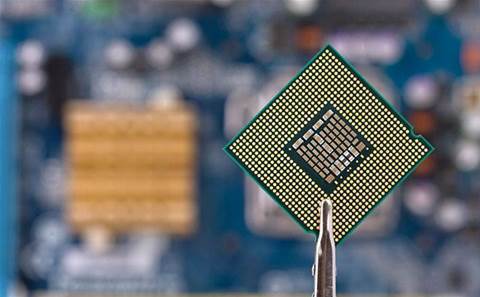Linus Torvalds, the creator of the Linux kernel has slammed Intel’s Meltdown and Spectre bug fixes as “complete and utter garbage”.
The comments were made in conversation on the public Linux kernel mailing list between Torvalds and developer and former Intel engineer David Woodhouse regarding Intel’s solution with respect to Linux users.
Torvalds argued that an Intel update, which addresses a feature known as indirect branch restricted speculation (IBRS) is a poor implementation of a Meltdown fix that would have users “turn on” the fix during boot.
According to Techcrunch, Torvalds suspects the IBRS workaround is too slow and inefficient to be rolled out universally, and Intel hence made the Meltdown fix optional as well as adding in "garbage" additional features.
“The whole IBRS_ALL feature to me very clearly says 'Intel is not serious about this, we'll have a [SIC] ugly hack that will be so expensive that we don't want to enable it by default, because that would look bad in benchmarks,” he wrote.
“The patches do things like add the garbage MSR writes to the kernel entry/exit points. That's insane. That says ‘we're trying to protect the kernel’. We already have retpoline there, with less overhead.”
Torvalds later added: “As it is, the patches are COMPLETE AND UTTER GARBAGE".
You can read the whole exchange here.
Meltdown is a hardware vulnerability affecting laptops, desktop computers and internet servers using Intel x86 microprocessors. The flaw is said to allow unauthorised access to user data, including passwords and cached files. The vulnerability was discovered in late December.
On 3 January Intel confirmed that Spectre and Meltdown affected its chips.
Meltdown was specific to chips from Intel, as well as one from ARM Holdings. Spectre affected nearly every modern computing device, including those with chips from those companies and Advanced Micro Devices.
As Intel began to roll out patches for the flaws, problems began to crop up. On 11 January, Intel acknowledged that the patches were causing higher reboot rates in its older chips.




_(21).jpg&h=142&w=230&c=1&s=1)


.jpg&h=142&w=230&c=1&s=1)





.jpg&w=100&c=1&s=0)











